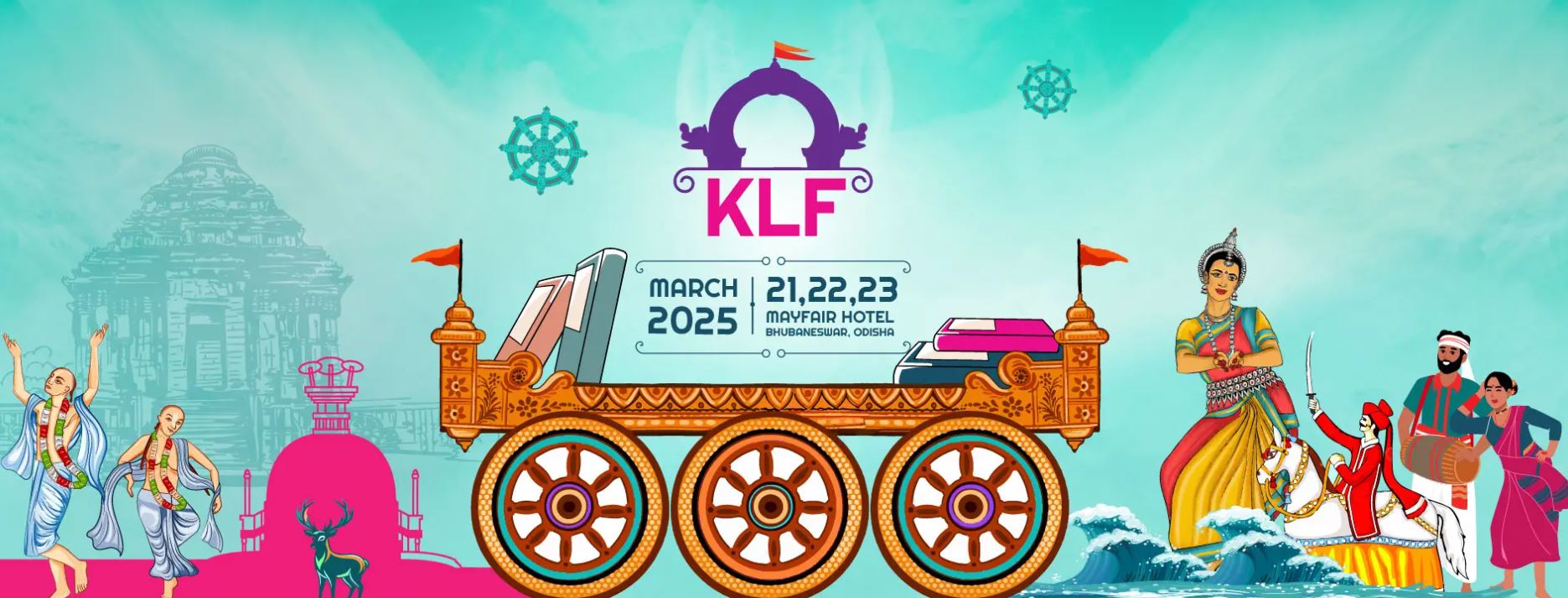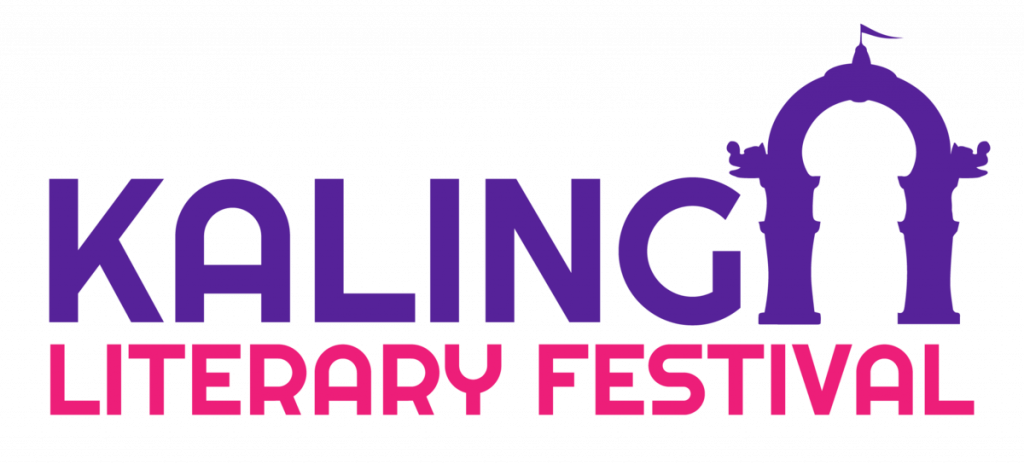
Kathmandu, March 26
Writers and Artists from South Asia Gather at Kalinga Literary Festival in India
The Kalinga Literary Festival, held in Bhubaneswar, the capital of Odisha, brought together writers and artists from Nepal, India, Bangladesh, Sri Lanka, Bhutan, and Indonesia. The final day featured discussions on the international footprint of Nepali literature.
The three-day festival, which took place from Friday to Sunday (March 21-23), saw the participation of around 150 writers and artists, including prominent Indian authors such as Shashi Tharoor, Devdutt Pattanaik, Mamta Kalia, Gagan Gill, Abhay K, Kanchana Priyakant, Yatish Kumar, and Pratap Somvanshi.
The festival concluded with a two-hour-long musical performance by the renowned Indian band, Indian Ocean.
Nepali writers Buddhi Sagar, Rohini Rana, Ranjana Niraula, Suman Barsha, Pawan Thapa ‘Joy,’ and Basanta Basnet participated in the session titled South Asian Literature: Rich Nepali Tradition in the afternoon.

Writer Buddhi Sagar shared his experiences of understanding Nepali society while writing his three distinct novels. He also spoke about the English translation of his book Karnali Blues and the fascinating reading experiences shared by international readers across Asia and beyond.
Buddhi Sagar emphasized the need for translation to expand the reach of Nepali literature globally.
“Just as Chinese and Indian literature have gained dominance in world literature through translation, our literature has not yet made a significant impact,” he said. “There are many excellent books being written in Nepali literature. Without translation, we will remain behind.”
During the session, Buddhi Sagar, in conversation with moderator Ranjana Niraula, cited examples ranging from Diamond Shumsher’s Seto Bagh to Parijat’s Shirishko Phool.
He noted that while a few writers, such as Laxmi Prasad Devkota, gained international readers due to their access to English, the momentum slowed down over time. However, he expressed optimism that the growing possibilities would lead to greater appreciation of Nepali literary works in the coming days.
Rohini Rana, the author of The Nepal Cookbook and The Rana Cookbook, stated that while discussions among writers are normal in Nepal, having the opportunity to engage in discussion about Nepali literature and society on a significant platform in India was a fascinating experience.

She emphasized that along with talent, opportunities must also be created to help writers reach readers beyond their own communities. Rana further stressed the need for more literary platforms like the Kalinga Literary Festival to facilitate such exchanges.
Writer Suman Barsha stated that women’s writing in Nepali literature is still overshadowed, which has also affected its translation. She mentioned that discussions on Nepali literature are increasing in academic circles and emphasized the need for this momentum to continue.
Nepali writers also participated in other sessions. Writer Buddhisagar was honored with the Kalinga International Award.
Festival Director Rashmi Ranjan Parida expressed his happiness in hosting a Nepali session. He mentioned that the Kalinga Literary Festival is being held in both Odisha and Kathmandu and expressed confidence in expanding it across South Asia.




















